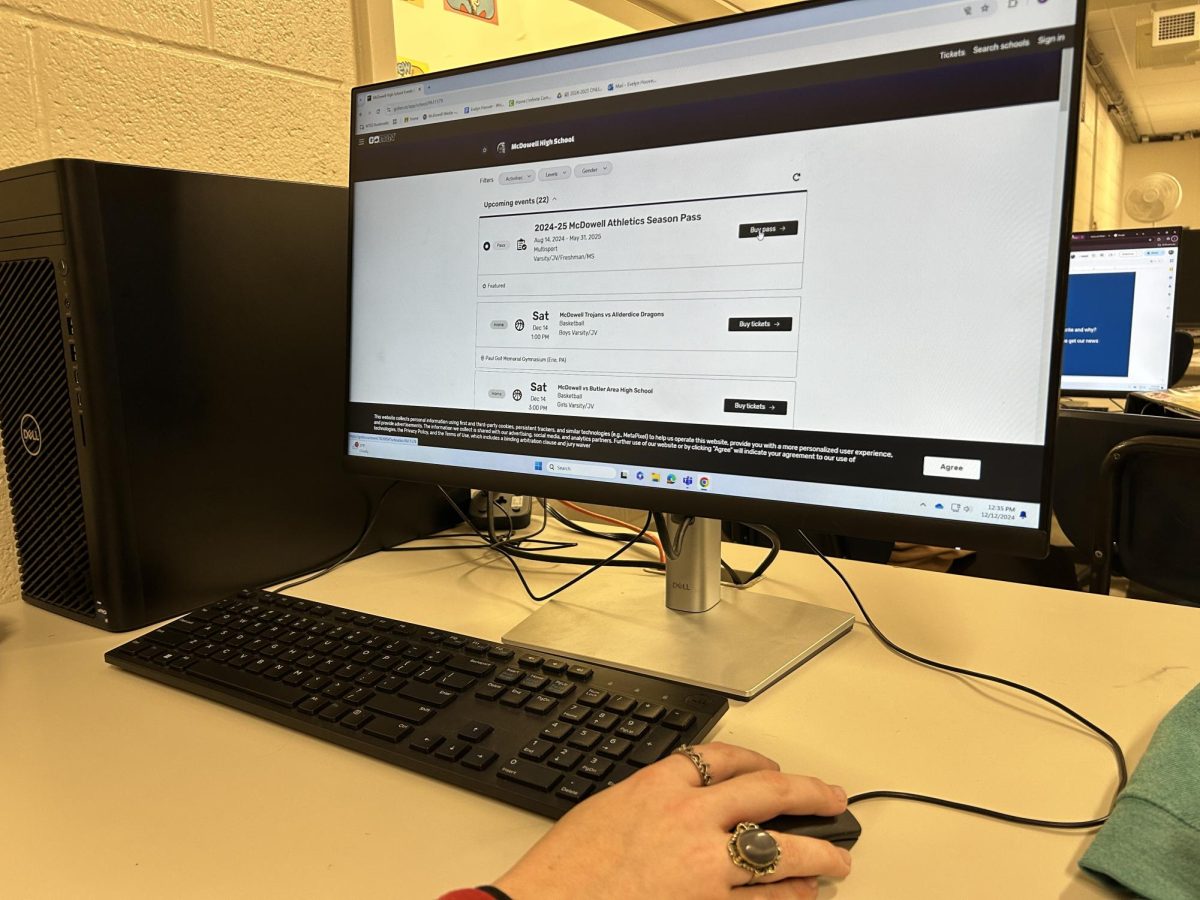By Emmaleigh Dorau
In elementary school music classes, part of the curriculum is learning an instrument or singing. Many people vividly remember learning the recorder with their friends in third grade, while others remember learning a wind instrument like a trumpet, but, by the time you get to middle school, music class is still required, but learning an instrument isn’t. Then when you’re in high school, music classes are offered, but they aren’t required to graduate.
Required classes in high school include subjects like math, science, English and history, which are basic skills to have as you move on in life. However, music can be just as important as those other essential subjects. As you grow up, taking a music class can provide useful life skills, lower symptoms of mental health disorders and earn you opportunities for scholarships to various colleges worldwide.
Participating in a music class can give a student valuable life skills such as persistence and social skills, but music can also give them a different view of the world. Brent Johnson, director of the CPA at McDowell says, “I think it gives students a creative outlet that’s outside of social media. I think we are always on our phones, and I think being in a music ensemble is an opportunity to put that phone down and express ourselves, and give us a different way to find who we are.”

Social skills in music are built by communicating with others in your class or organization. It also gives students a widespread opportunity to create life-long friendships. Logan Carnes, the director of the McDowell Marching Band says, “The biggest thing a student can get out of a music class is the community aspect. When we work together on music, it gives us a support group that we can go to for help.” Social skills and having a reliable group to look to for help are beneficial aspects of high school because sometimes things can be difficult to handle alone.
Music classes are also shown to benefit teenagers’ academic results and mental health. “There has been a lot of research done in terms of music classes and students’ mental health and the research showed that students who participate in music score better on tests,” Johnson says.
“In addition to just being able to play an instrument or sing, it gives us a chance to sharpen our ability to focus on a product, or it sharpens our reading abilities by reading the notation on the page.”
Logan Carnes
Another benefit of music is on a student’s mental health by sharpening our ability to think and read. “In addition to just being able to play an instrument or sing, it gives us a chance to sharpen our ability to focus on a product, or it sharpens our reading abilities by reading the notation on the page,” Carnes says.
A surprising benefit of music classes is that they can provide opportunities to earn scholarships to colleges worldwide. “If someone is going for a music scholarship, it depends on the school and the voice type or instrument type you are. For example, if you play Oboe, you have a higher chance of getting a scholarship as not many people play that instrument,” Johnson says.
If you participate in a musical activity such as marching band, and you enjoy music, the chances of receiving a scholarship to a college is likely, though it requires difficult work. Participating in a musical activity is a great thing to put on resumes, essays and applications as it shows you are an active and hardworking individual.
If you are interested in participating in a music class at McDowell, many music classes and activities are offered. These include wind ensemble, jazz band, marching band, vocal ensemble, chorus and many more.







